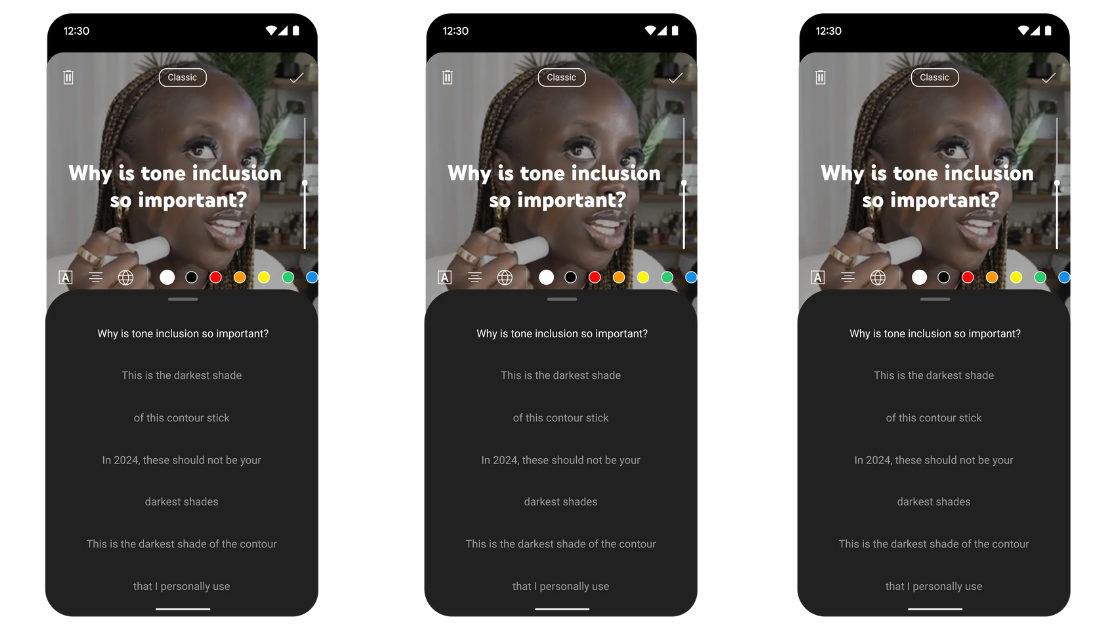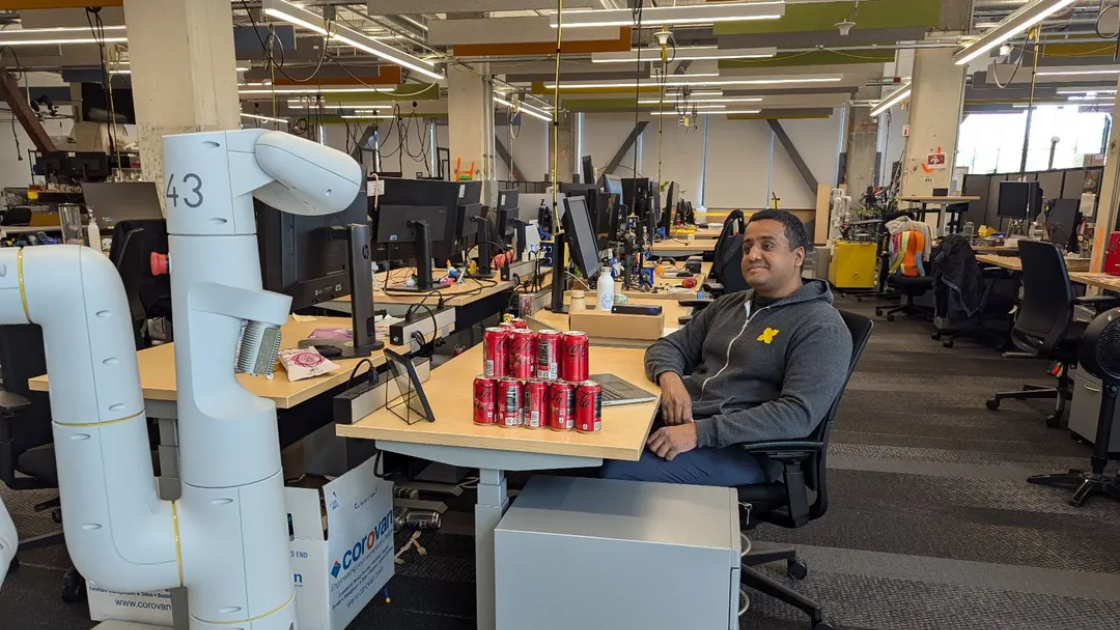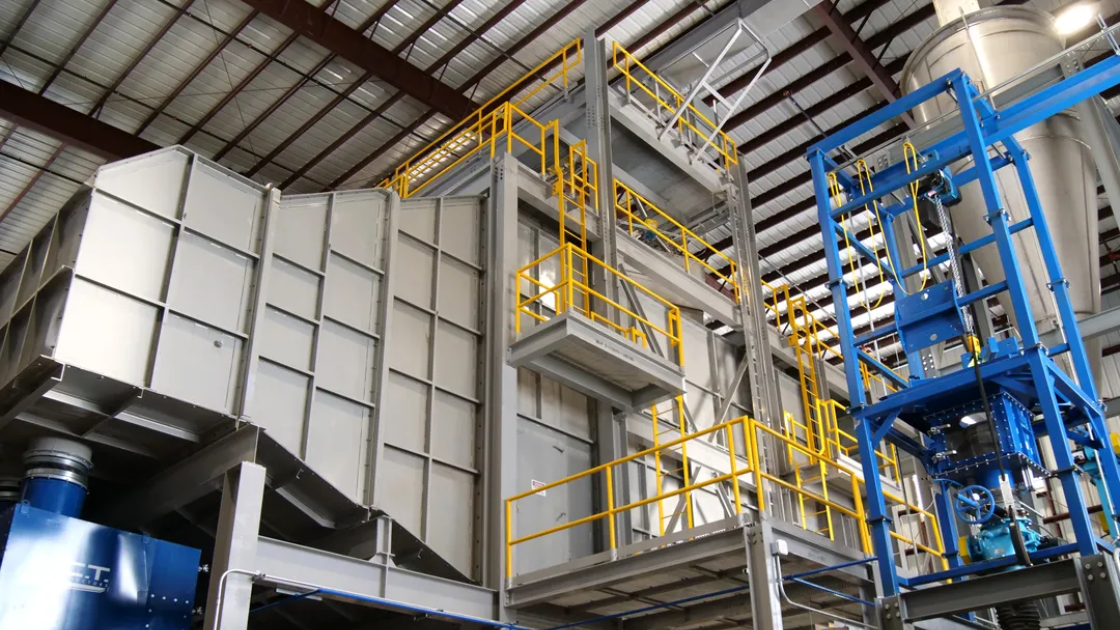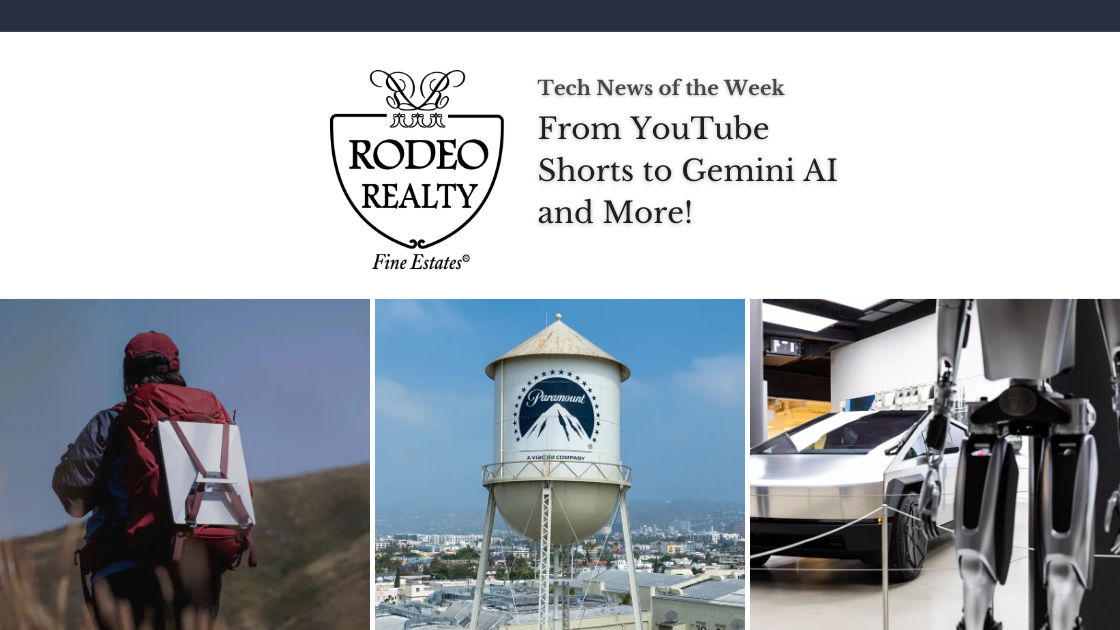Never miss a beat in the world of tech! Check out what’s happening from across the web with our weekly tech news write-up. From YouTube Shorts to Gemini AI and more, we have the news you want to know below!
Tesla Delays Fully Autonomous Robotaxi Reveal

Tesla has postponed the unveiling of its fully autonomous robotaxi to October to allow more time for engineering and testing, Bloomberg reports. Originally scheduled for August 8th, the delay was communicated internally but has not been publicly announced. Tesla CEO Elon Musk, who has emphasized Tesla’s identity as an AI and robotics company over a traditional automaker, has long teased the robotaxi concept, envisioning revenue opportunities for Tesla owners through autonomous ride-hailing. Despite previous ambitious timelines, Tesla’s current Autopilot and Full Self-Driving systems still require active driver supervision. Meanwhile, competitors like Waymo are already operating fully autonomous robotaxis in several US cities. Tesla describes the upcoming robotaxi as “purpose built,” designed from the ground up for self-driving, often without traditional controls. For more details and updates, visit Tesla’s official website.
YouTube Introduces New Features for YouTube Shorts

YouTube has rolled out new features for YouTube Shorts, including text-to-speech narration and auto-generated captions, mimicking TikTok’s popular functionalities. The text-to-speech feature allows users to add an artificial voiceover by tapping the “add voice” icon, with four voices currently available. Auto-generated captions can now be added directly within Shorts, offering customizable fonts and colors. Additionally, YouTube has introduced Minecraft-themed effects, including a green screen background and a minigame called Minecraft Rush. These updates reflect the ongoing trend of video platforms adopting each other’s features, with YouTube’s strategy to enhance Shorts proving successful.
Google Enhances Robot Navigation and Task Completion with Gemini AI

Google is enhancing its robots’ navigation and task completion abilities using Gemini AI, specifically the Gemini 1.5 Pro model. According to a new research paper by the DeepMind robotics team, Gemini’s long context window allows RT-2 robots to understand natural language instructions better. By “watching” video tours of environments like homes or offices, the robots learn to execute commands, such as locating a power outlet for charging a phone. In tests, these robots achieved a 90 percent success rate across over 50 instructions within a 9,000-square-foot area. Gemini 1.5 Pro also enables the robots to plan tasks beyond navigation, such as checking for a favorite drink in the fridge. While processing instructions can take 10–30 seconds, these advancements suggest future robots could assist with everyday tasks like finding keys or wallets.
280 Earth’s Carbon Capture Technology Aims to Mitigate Data Center Emissions

Data centers significantly contribute to carbon emissions, exacerbated by the energy demands of training AI models. A startup, 280 Earth, spun out of Google’s X, proposes a solution by developing technology that captures carbon dioxide from the air, utilizes servers’ waste heat, and generates water for cooling. The company secured a $40 million agreement through the Frontier initiative, supported by Stripe, Alphabet, Meta, Shopify, and McKinsey, among others. 280 Earth’s continuous sorbent technology enhances efficiency, avoiding the energy losses of batch processing. Besides capturing CO2, it also extracts water vapor for cooling needs, addressing both emissions and resource consumption. While promising, these carbon capture technologies face challenges related to cost, scalability, and safety, and are not substitutes for reducing fossil fuel dependence.
SpaceX’s Starlink Mini Dish Now Available to All in the US

SpaceX’s new Starlink Mini dish, touted by Elon Musk as a world-changing innovation, is now available to anyone in the US. The compact internet-from-space kit integrates a dish and Wi-Fi router into a weatherproof, laptop-sized package that consumes less power than previous models and can be powered by a 100W USB-PD source. Initially offered only to current Residential subscribers, the Starlink Mini is now accessible to vanlifers and digital nomads. Priced at $599, it comes with two service options: Regional and Mini Roam. Both plans can be paused between uses.
Paramount Global and Skydance Media Merge in $28 Billion Deal

Paramount Global and Skydance Media have agreed to merge. The merger creates a new joint venture temporarily dubbed “New Paramount,” valued at approximately $28 billion. As part of the deal, Paramount Chair Shari Redstone will sell National Amusements for $2.4 billion. Likewise, Skydance will invest $8 billion to merge with Paramount, purchasing shares and addressing debt. This merger aims to fortify Paramount amid industry changes and sustain its success. Skydance founder David Ellison will become the new chairman and CEO of Paramount. Former NBCUniversal CEO Jeff Shell will serve as president. The agreement, subject to closing conditions, is expected to be finalized in the first half of 2025.
